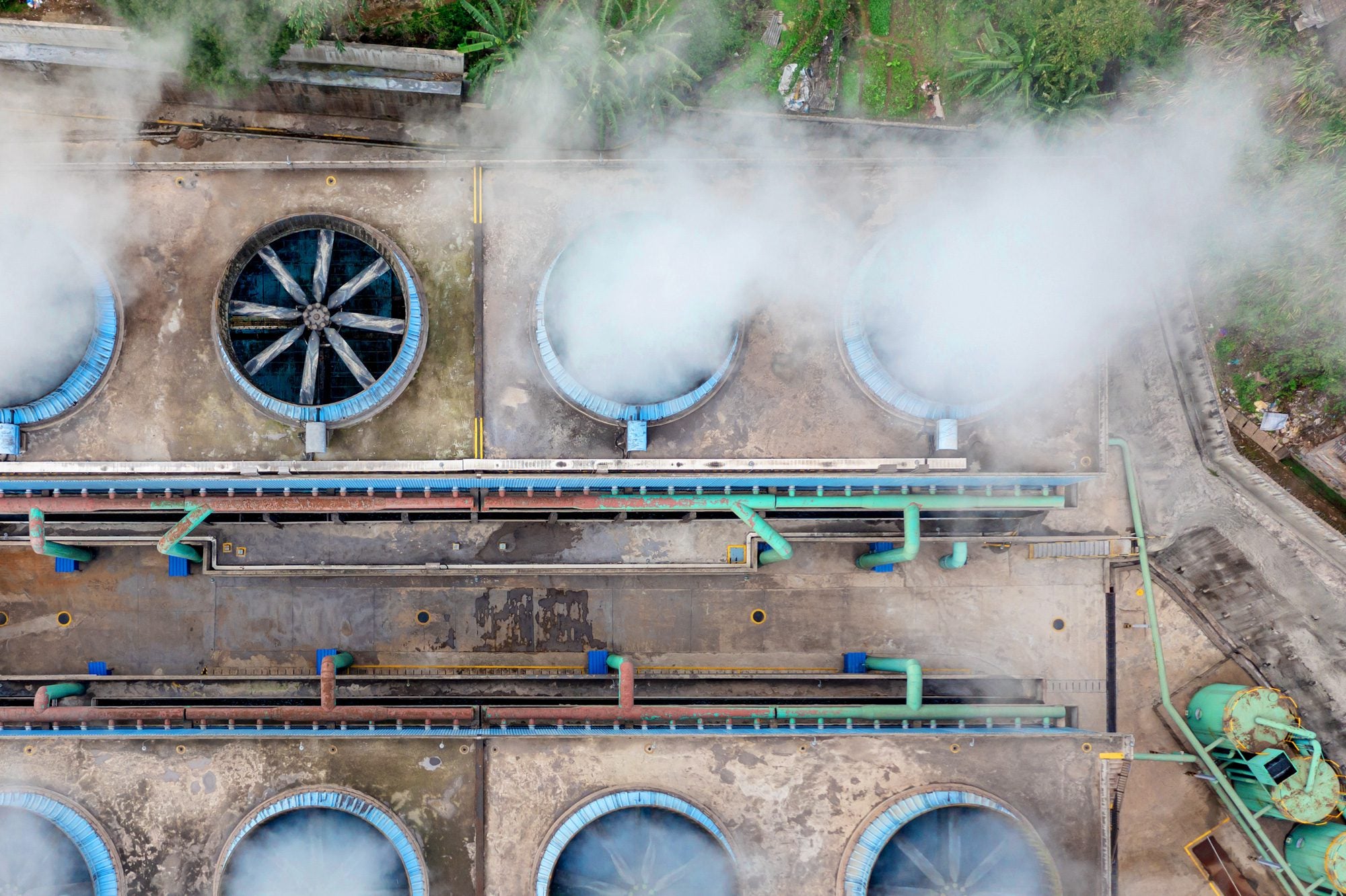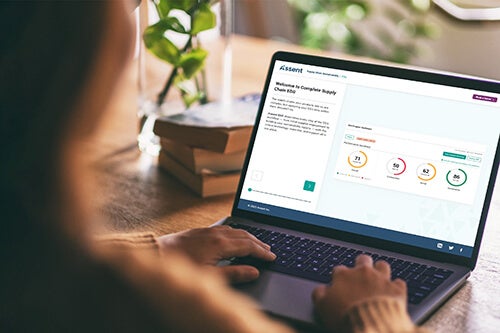Still Exploring?
Looks like you’ve been exploring our platform.
Want to see everything in one place?
The Carbon Border Adjustment Mechanism (CBAM) is an EU initiative to ensure fair carbon pricing between European and non-European producers. It aims to prevent “carbon leakage,” where companies move production processes to countries with weaker environmental rules.

CBAM sets rules for companies importing goods into the EU, and is designed to ensure fair carbon pricing, which are costs applied to greenhouse gas emissions. As of July 31, 2024, importers are expected to report on the actual embedded emissions of their goods with primary data gathered from manufacturing installations instead of relying on estimates. In 2026, they will need to purchase CBAM certificates to cover the carbon costs, aligning these costs with the EU Emissions Trading System (ETS). This change makes it less attractive to produce carbon-intensive products outside the EU, and will require companies to work closely with suppliers to gather detailed information about where and how their goods are made.

Non-compliance with CBAM’s reporting requirements can lead to financial penalties based on unreported CO2 for missing or incorrect reports. Because importers need to report the embedded emissions of their goods, they will need to depend on their suppliers for accurate information. This task is challenging, as many suppliers might not be ready to provide the needed data and could have difficulty with the specific calculation methodology prescribed by the regulation. Often, importers will have to trace information through several layers of their supply chain, making compliance a complex process.

Assent helps manufacturers confidently manage CBAM requirements by making it easy to collect primary emissions data from their supply chains. Our automated platform ensures accurate reporting, reduces financial risk, and sets the stage for long-term sustainability success — all with expert regulatory guidance and built-in tools like our carbon calculator.
Get answers to your most pressing questions about CBAM.
On February 26, 2025, the European Commission released its first Omnibus Simplification Package — a key step in streamlining sustainable due diligence and financial reporting under the EU Green Deal.
The package proposes a new 50-metric-ton annual import threshold that would primarily exempt small and medium-sized enterprise (SME) importers from CBAM reporting obligations, while still covering over 99% of emissions in scope. For companies navigating this evolving regulatory landscape, the smartest move is to double down on supply chain sustainability today. A strong program not only prepares you for future regulations — it gives you a competitive edge, no matter how the rules evolve.
CBAM applies to importers bringing high volumes of goods into the EU from sectors with high carbon emissions and a high risk of carbon leakage. The threshold is 50 metric tons annually for sectors such as cement, iron and steel, aluminum, certain chemical industries (such as fertilizers and hydrogen), and electricity.
The product scope includes goods listed in Annex I of the CBAM Regulation, identified by comparing the CN codes of imported products. It’s important to note that while CBAM is enforced through imports to the EU, and your organization may not be directly importing relevant goods, the regulation can still affect you. Importers need to gather embedded emissions data on in-scope products from the actual manufacturing locations (or “installations”). As a result, your customers might reach out to you for support with their reporting obligations.
Read our CBAM Scoping Guide to identify expectations for your business.
If your business is affected by CBAM, taking the right steps early on is key to avoiding non-compliance penalties. Start by reaching out to your suppliers to inform them of CBAM requirements, and that you will need data. It’s important to collect all the necessary emissions data from the places where your goods are made.
Here’s what to focus on:
Starting early and building good communication with your suppliers will make the process smoother and help you stay compliant.
Visit our CBAM Solution page to learn how Assent can assist with supplier communication, emissions data collection, and data sharing
The detailed information importers need to report on with regard to embedded emissions includes:
This data ensures transparency and accuracy in tracking the carbon footprint of imported goods.
The responsibility for CBAM reporting falls on either the importer or the indirect customs representative, depending on who submits the customs declaration. During the transitional period, customs authorities will inform the relevant parties about their reporting obligations.
If the importer submits the customs declaration, they are responsible for the reporting. If an indirect customs representative submits the declaration, especially when the importer is based outside the EU, the representative will handle the reporting. The indirect customs representative must be established within the EU and meet the required conditions set by the member state.
The EU ETS is the world’s first international emissions trading scheme and a key tool for the EU to combat climate change. It sets a cap on greenhouse gas emissions from power production and large industrial facilities, requiring companies to buy allowances on the ETS market. To prevent carbon leakage, some free allowances are given to industries, but these will decrease over time.
CBAM works alongside the ETS by requiring importers to buy certificates for the carbon emissions embedded in their goods. As the number of free allowances under the ETS decreases, importers will need more CBAM certificates. The price of these certificates will match the ETS allowance price, making sure that importers and EU producers face similar carbon costs. This helps the EU achieve its climate goals while ensuring fair treatment for both importers and domestic producers.
Need help navigating your requirements? Check out our latest resources and product tour.

Learn about CBAM requirements and how Assent’s solution can streamline your emissions reporting for compliance in the EU. On demand webinar.

Take a self-guided tour and discover Assent’s complete solution for every step of your supply chain ESG journey

Looks like you’ve been exploring our platform.
Want to see everything in one place?